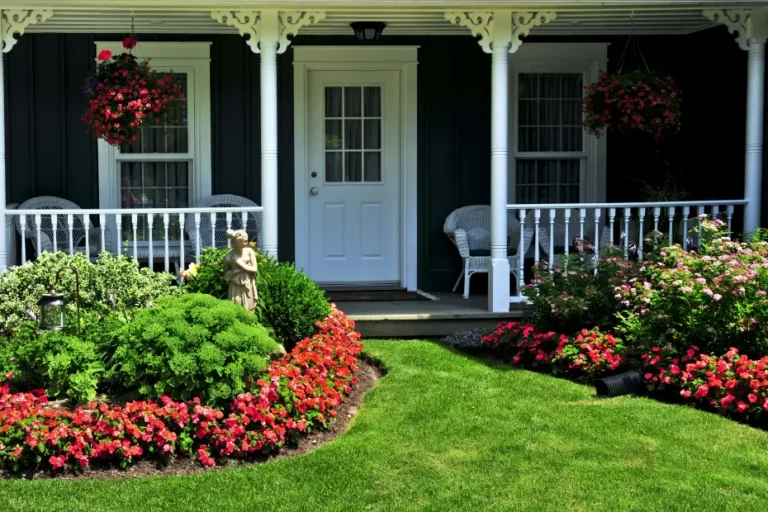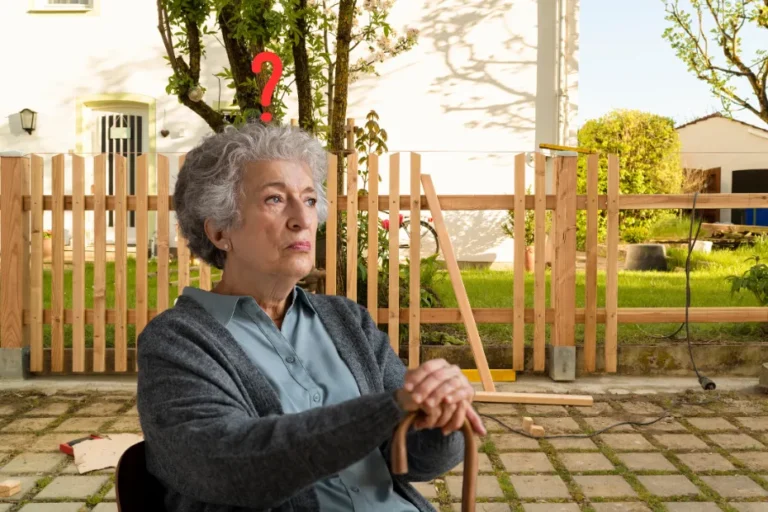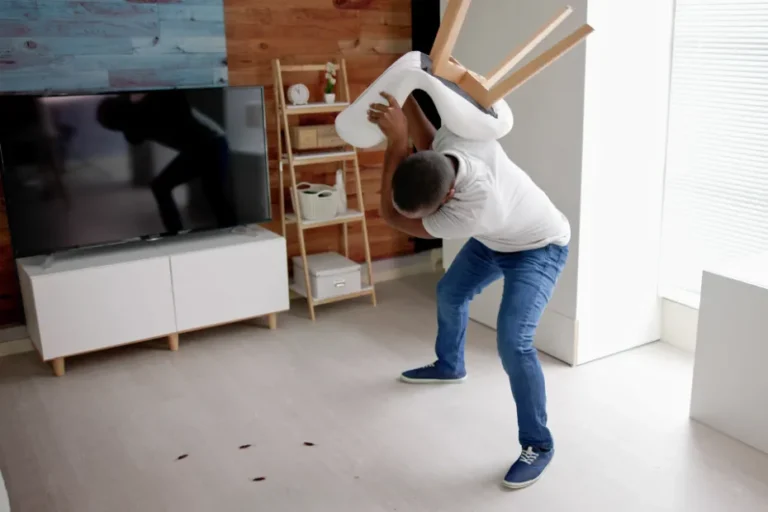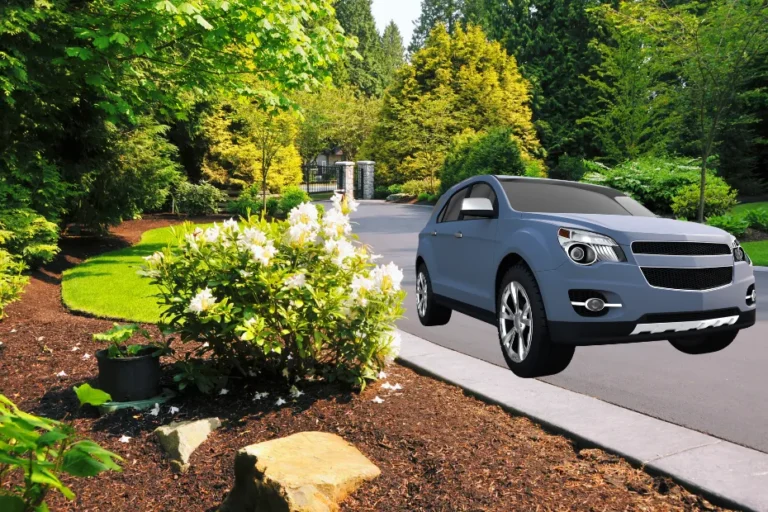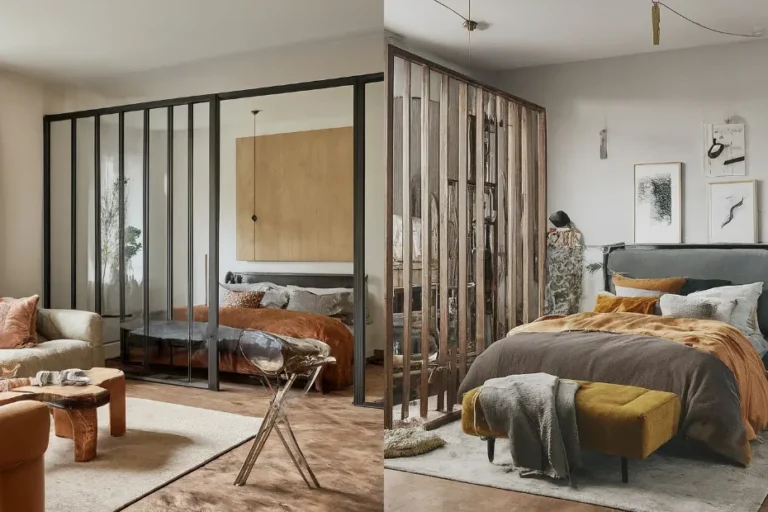Can Tenant Install Security System? Landlord’s Question
Yes, tenants can install a security system in their rental property.
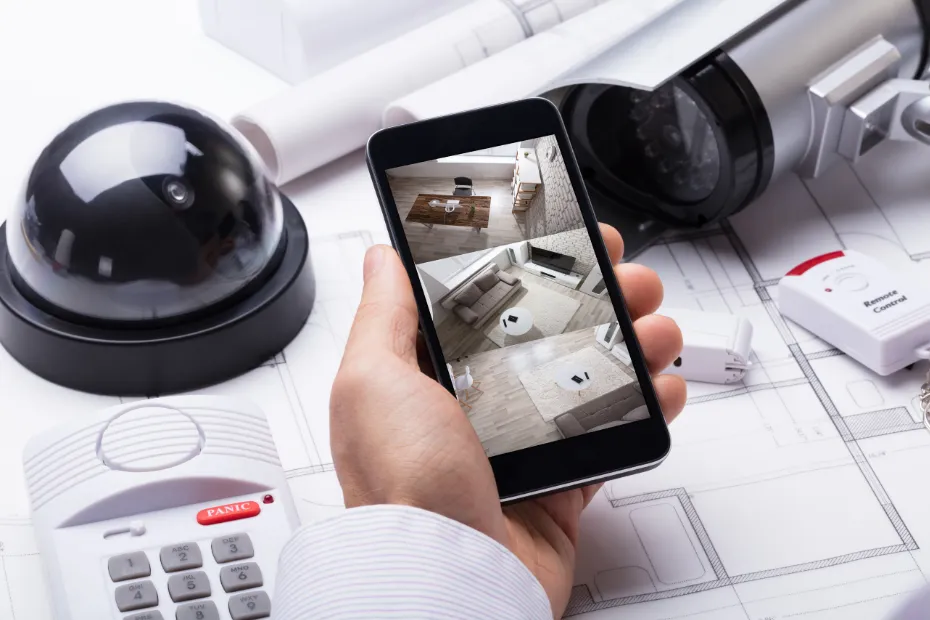
Why They Need Security Systems?
Maintaining a secure living environment is a top priority for tenants, and the installation of a security system can play a crucial role in achieving that peace of mind.
As a tenant, you might wonder whether you have the right to install a security system in your rental property.
The Importance Of Tenant Security Systems
When it comes to the safety and protection of your home, there are few measures as effective as a security system.
Tenant security systems offer additional layers of safety by deterring potential intruders, providing early warning signs, and granting tenants control over their living space. Let’s explore the various benefits that tenant security systems can provide:
Enhanced Theft Prevention: Having a security system installed not only offers a visible deterrent to burglars but also helps protect your belongings by raising an alarm if any suspicious activities are detected.
Peace of Mind: Knowing that your rental property is equipped with a security system can give you and your loved ones a sense of security, helping you feel safe and confident in your home.
Quick Emergency Response: Many modern security systems come with features that can quickly notify authorities or emergency services in the event of an emergency, such as fires or medical incidents.
Reduced Insurance Premiums: Some insurance providers offer lower premiums for tenants with security systems, as they are considered a proactive measure in reducing risks.
Legal Considerations For Installing A Security System As A Tenant
Before proceeding with the installation of a security system as a tenant, it is vital to be aware of the legal considerations surrounding this matter. While the specifics may vary based on local laws and your lease agreement, here are some general factors to consider:
Review Your Lease Agreement: Start by carefully reading your lease agreement to determine if there are any restrictions or clauses related to security system installations. Some landlords may have specific guidelines or require prior approval.
Seek Landlord Consent: In cases where the lease agreement does not explicitly address security system installations, it is crucial to communicate with your landlord and seek their permission beforehand. Open dialogue and clear understanding can help prevent any misunderstandings.
Temporary Installations: If your lease agreement prohibits permanent alterations, consider exploring temporary security system options that can be easily installed without causing any damage. This way, you can still enhance your security while adhering to your lease terms.
Documentation and Maintenance: In some cases, landlords may require documentation, such as proof of insurance or professional installation, to ensure that the security system meets their standards. Additionally, be aware of any responsibilities you might have for maintenance or repairs of the system.
Upon Moving Out: It is essential to discuss the process of removing the security system when you move out. Clarify whether you are responsible for restoring the property to its original condition or if the security system can remain for the next tenant.
Related Post: Can a Landlord Charge for Yard Work? Discover the Truth
Types Of Tenant Security Systems
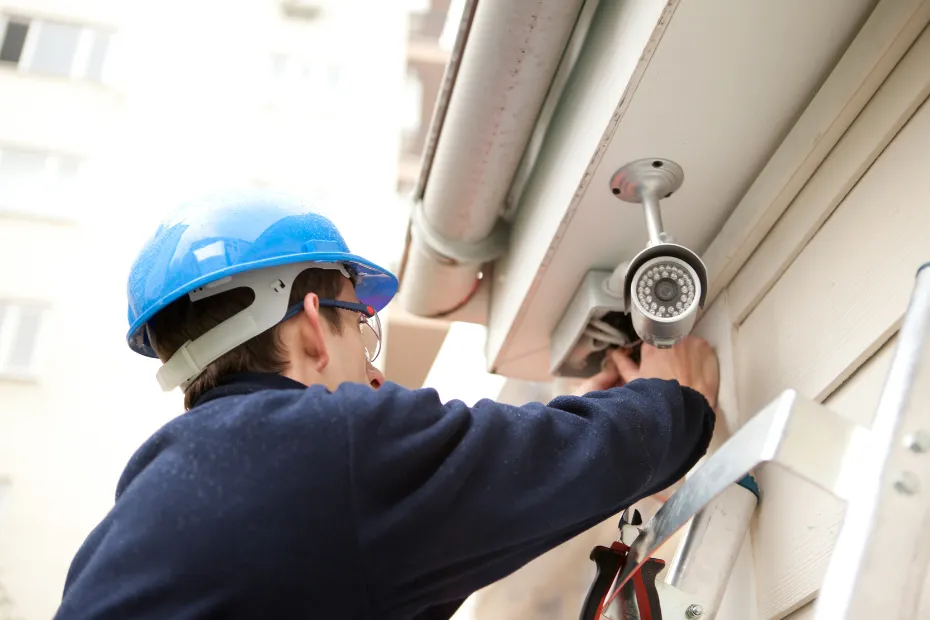
When it comes to the security of your rental property, tenants have more options than ever before. Gone are the days when installing a security system was a hassle reserved for homeowners.
Today, tenants can also enjoy the peace of mind that comes with having a security system in place. In this blog post, we will explore the different types of tenant security systems, including wireless security systems, DIY security systems, and smart home security systems.
Wireless Security Systems
Wireless security systems are a popular choice among tenants due to their ease of installation and flexibility. These systems do not require any hardwiring and are typically powered by batteries or electricity.
They consist of sensors, cameras, and a control panel that communicate wirelessly. With wireless security systems, tenants can easily monitor their property from anywhere using a smartphone app or a web interface.
Diy Security Systems
For tenants who are handy and prefer to take matters into their own hands, a DIY security system is an excellent option.
These systems are designed to be self-installed and require minimal technical expertise. DIY security systems typically come in kits that include the necessary components such as cameras, sensors, and a control panel.
With step-by-step instructions and user-friendly interfaces, tenants can set up their own security system in no time.
Smart Home Security Systems
Smart home security systems are the latest trend in tenant security. These systems combine the convenience of home automation with robust security features.
With a smart home security system, tenants can not only monitor their property but also control various aspects of their home, such as lighting, thermostats, and door locks, remotely.
These systems are usually integrated with voice assistants like Amazon Alexa or Google Assistant, allowing tenants to control their security system using voice commands.
Steps To Install A Security System As A Tenant
Are you a tenant considering installing a security system in your rental property? It’s a wise decision as it can provide you with peace of mind and help ensure the safety of your home and belongings.
Seeking Landlord Permission
Before you start the process of installing a security system in your rental property, it’s essential to seek your landlord’s permission.
While it’s not always required, it’s always best to get written permission to avoid any potential conflicts or misunderstandings. Here are a few steps you can follow to seek your landlord’s permission:
- Review your lease agreement: Start by reviewing your lease agreement to check if there are any specific provisions related to security systems. Some landlords may have restrictions or requirements that you need to adhere to.
- Prepare a written proposal: Write a clear and concise proposal outlining your intention to install a security system and how it can benefit both you and the landlord. Highlight the features of the security system that may be of interest to your landlord, such as video surveillance and remote monitoring.
- Schedule a meeting: Request a meeting with your landlord to discuss your proposal. This will give you an opportunity to address any concerns they may have and explain why installing a security system is important to you.
- Offer to cover the costs: If your landlord seems hesitant about allowing you to install a security system, consider offering to cover the costs of installation and maintenance. This can help alleviate any financial burden on your landlord and increase the chances of obtaining their permission.
- Get written permission: Once you have received approval from your landlord, make sure to get their permission in writing. This will serve as evidence of their consent, in case any issues arise in the future.
Choosing The Right Security System
Choosing the right security system for your rental property is crucial to ensure maximum protection and convenience. Here are some factors to consider when selecting a security system:
- Budget: Determine your budget for the security system, including both the initial cost and any ongoing fees for monitoring services. Consider what features are essential to you and prioritize accordingly.
- Wireless vs. wired systems: Decide between a wireless or wired security system. Wireless systems are easier to install and can be easily relocated if you ever move, while wired systems may offer more stability and reliability.
- Features and capabilities: Research different security system brands and models to find one that suits your needs. Look for features such as motion sensors, door/window sensors, video surveillance, and smartphone integration for remote access.
- Professional vs. DIY installation: Consider whether you want a professional installation or if you’re comfortable with a DIY set-up. Professional installation may offer better expertise and support, but DIY installation can be more cost-effective.
Installation And Set-up Process
Now that you have obtained your landlord’s permission and chosen the right security system, it’s time to proceed with the installation and set-up process. Here are the steps to follow:
- Read the user manual: Carefully read the user manual provided by the manufacturer. This will give you a clear understanding of the installation process and any specific instructions or requirements.
- Plan the placement: Determine the optimal locations for placing your security system components, such as cameras, sensors, and control panels. Ensure they cover crucial areas such as entry points and high-value items.
- Install the hardware: Follow the instructions provided in the user manual to install the hardware components. This may involve mounting cameras, attaching sensors to doors and windows, and connecting wires if applicable.
- Set up the software: If your security system comes with software or mobile apps, download and install them on your devices. Connect the system to your home’s Wi-Fi network and follow the prompts to complete the software set-up.
- Test and adjust: Once the installation and set-up are complete, conduct thorough tests to ensure that all components are functioning correctly. Adjust settings as needed to customize your security system to fit your preferences.
Frequently Asked Questions
Can A Tenant Install A Ring Camera?
Yes, a tenant can install a ring camera in their rental property.
Do You Need Permission To Put Up A Security Camera?
Yes, generally you need permission to put up a security camera. It’s important to adhere to local laws and regulations regarding surveillance. Always check with your local authorities or consult legal professionals for guidance on the specific requirements in your area.
Can I Put A Security Camera Outside My Apartment Door?
Yes, you can install a security camera outside your apartment door. Make sure to check your building’s regulations and get permission if required. Installing a camera can enhance the safety and security of your apartment.
Can Tenants Install Security Cameras In Texas?
Yes, tenants in Texas can install security cameras.
Final Verdict
Choosing the right security measures is crucial for tenants looking to protect their homes and belongings.
While the ability to install a security system may vary depending on the rental agreement, many landlords allow tenants to do so. Communicating and seeking approval from the landlord is vital to ensure a smooth process.
Discussing security concerns and finding common ground, tenants can take proactive steps to enhance their safety and peace of mind. Remember, each rental situation is unique, so open communication is key.

